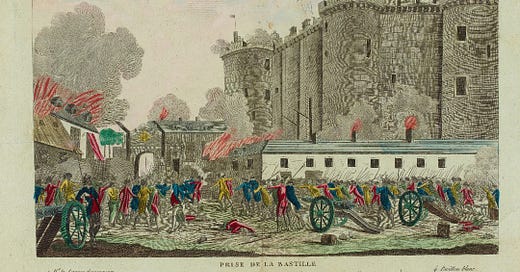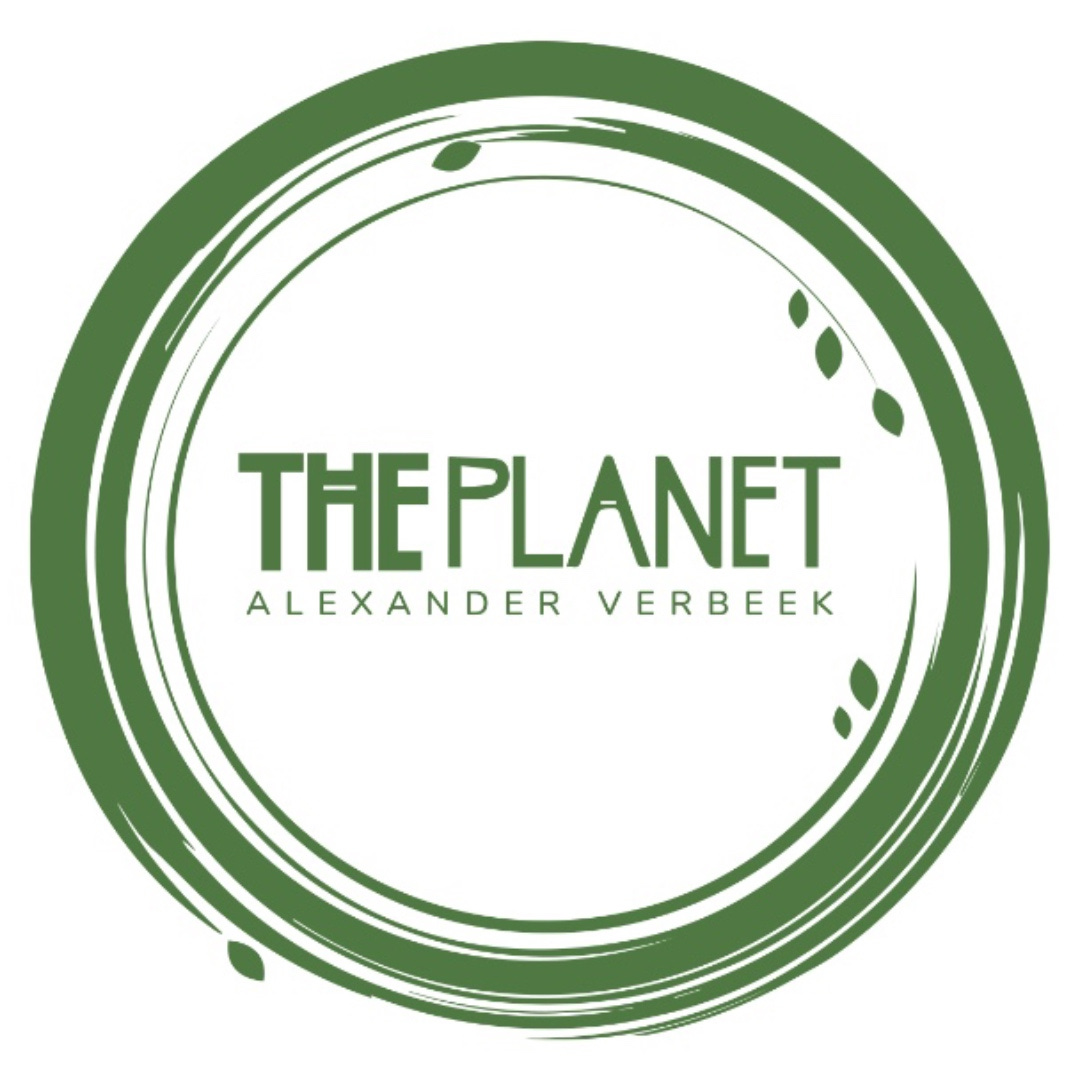Will the U.S. Presidential Elections be a Turning Point in History?
Historical parallels and significance
Historians of the French Revolution could easily have chosen another day of the revolution in 1789 than July 14. The events at the Bastille were just as important as several other events, especially if you strip away the romanticized layers added years later.
The oath at the tennis court, the flight to Varennes, or -three years later- the proclamation of the republic are just a few that come to mind. Why not take January 21, 1793—the execution of Louis XVI—as an undeniable point of no return? It was a bold declaration that the revolution had irreversibly dismantled the old regime.
That last one is easy: you can behead your king in the cold weather of January, but no European country ever took the revolutionary step of celebrating its national day in the shivering winter month of January. Bastille Day's symbolism, with its summer warmth and revolutionary zeal, was more attractive for annual commemoration and festivity. As a former diplomat, I know that national day receptions for any country are practically always during good weather; the Fourth of July is just one example (better than an alternative date like the Battle of Yorktown, which would push the celebrations to late October).
January 6
Over two centuries later, it becomes harder to determine the turning point of the French Revolution. Similarly, future historians may grapple with pinpointing a definitive moment in early 21st-century American history. The events of January 6, 2021, symbolize extremism and polarization in America. The scenes of the storming of the Capitol even look like a dress rehearsal of a play celebrating the storming of the Bastille.
However, that is where the parallels end. Both events involve crowds challenging governmental authority but differ significantly in context, scale, and historical impact. The storming of the Bastille is seen as a revolutionary act against monarchical tyranny, while the January 6 event was an attempt to disrupt a democratic process. Or, to keep it simple -in line with current political catchphrases and to attract a broader readership- what the one revolution tried to abolish is what the other tried to establish.
Unlike December 7, 1941, or September 11, 2001, two turning points in American history, U.S. politics sank step by step into the poisonous swamp of Trumpian politics, where truth became a belief, and each lie became closer to the truth through endless repetition.
America sank into a polarized, entrenched society in two ways: fast and then faster.
Turning point
But where was the turning point? In my recollection of events, one that stands out in savagery is the deliberate separation of children from their parents at the border. Trump didn't plan ever to reunite those 5,000 children with their parents. Babies in cages will be a separate chapter in the book about the history of 21st-century America, a dark chapter.
Even more remarkable is the lack of current media attention for this aspect of Trump's reign. It says something about the volume of his horrific behavior, and it illustrates how the media is always jumping on his latest scandal.
Finding 'the date' for the MAGA revolution that is tearing U.S. society apart is like choosing between which of the more than 30,000 false or misleading claims (you may call these lies) he made while president. The Washington Post counted them; it's an average of 21 lies per day. Try it. I'm serious: try to tell 21 lies tomorrow. It requires a particular skill; it's the art of the deal.
Those poor future historians. Imagine you have to dive into a life lived like Trump when your publisher asks you to find the day of the MAGA revolution. Maybe you could pick the day he spoke about the "very fine people" that were among the neo-Nazis in Charlottesville. Or pick the day when he aligned with the Proud Boys; they stood back and stood by, as he ordered, while preparing for the January 6 crimes.
The Madison Square Garden rally
Perhaps those future historians will pick a more recent moment since the dive into fascism suddenly became so steep that nobody will later be able to deny not knowing they voted for fascism. That makes the recent Madison Square Garden rally a good candidate for a Sarajevo spark in the tinderbox of American politics.
The New York Times will be a reference for those future historians, and they will read about this MAGA extravaganza at the venue of one of the most notorious fascist rallies of the past, with observations like: "Four-letter words were flying everywhere. One speaker flipped his middle finger at the opposition. Another made what was interpreted as an oral sex joke regarding Vice President Kamala Harris. Another suggested she was a prostitute. Still another discussed the supposed sexual habits of Latinos rather explicitly."
The event was marked by a series of speeches filled with anger, hostility, and racist remarks. Trump's speech included references to "the enemy within," which he described as a group of political adversaries he would use military force against if elected. The masks were off; even before the date of the elections, Trump and his followers didn't hide their fascist playbook.
A fork in the road
Then came the day of the presidential election, which is tomorrow. I am writing this on the evening of November 4 in Europe. I can't vote but will follow what the American voters decide. For future reference, I note that we don't know what will happen tomorrow. It is too close to call. That is obvious; we are all aware of that now, but years from now, you will have the benefit of hindsight, and then it will be hard to imagine that we had no clue what would happen tomorrow. However, we knew this was a fork in the road; one of the options would lead to a steep cliff.
After all the articles I have read, I believe Kamala Harris's chances of winning look slightly better than those of Trump (but this may equally say something about my choice of news sources).
But I have two other beliefs to share. One is hope, a kind of optimism that beauty will win from the ugliness of hatred and bullying.
The other one is the trust that in the voting booth's privacy, enough Americans will think twice before permanently sacrificing democracy. If Trump wins, there will be no free and fair elections in 2028 (perhaps for a second JD Vance term). I wrote that line not for you but for those future historians; we knew before the election that democracy was on the ballot.
Oh, and while I'm at it, please vote tomorrow. If you got this far, I'm sure you'll do okay tomorrow.
If you got this far, please read this too:
I write this newsletter because I believe that together, we can do better on this beautiful but fragile planet.
Please consider supporting this initiative by paying for a subscription.







"Even more remarkable is the lack of current media attention for this aspect of Trump's reign. It says something about the volume of his horrific behavior, and it illustrates how the media is always jumping on his latest scandal."
It is this I find maddening.
This is another great example of your analysis supported by historical events.
I really hope for a refreshing new feminine US vote leading Europeans and all towards fairness and positive visions.